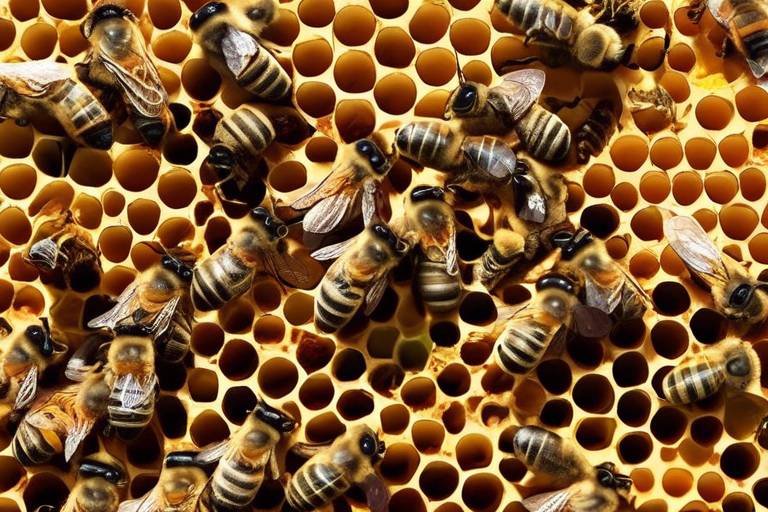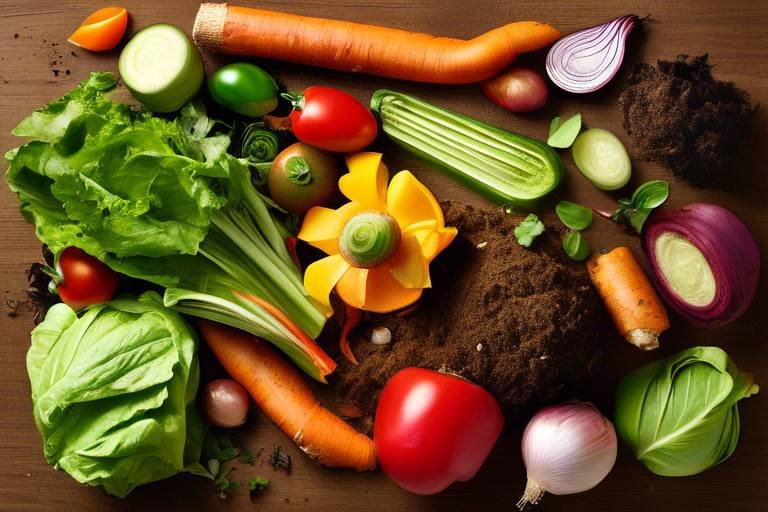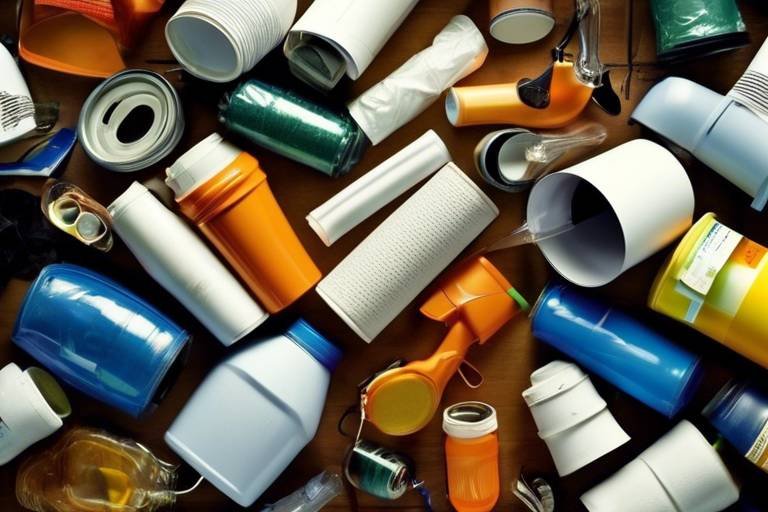What is Greywater and How Can You Reuse It?
Have you ever wondered what happens to the water you use in your home after it goes down the drain? Well, let’s dive into the fascinating world of greywater. Greywater is the relatively clean wastewater that comes from domestic activities such as bathing, washing dishes, and laundry. Unlike blackwater, which contains human waste and is much more contaminated, greywater is a valuable resource that can be reused for various purposes. Think of it as the water that still has a lot of life left in it, just waiting to be repurposed!
Understanding greywater is crucial as we face increasing challenges related to water scarcity and environmental sustainability. By recognizing the sources of greywater, we can better appreciate its potential. The primary sources include:
- Showers and bathtubs
- Sinks (kitchen and bathroom)
- Washing machines
These everyday activities produce a significant amount of greywater, which can account for up to 50-80% of the total household wastewater. Isn’t it surprising how much water we can actually recycle? This is where the magic of greywater reuse comes into play. By implementing greywater systems, households can not only reduce their water bills but also contribute to a more sustainable future.
In the next sections, we will explore the myriad benefits of greywater reuse, from environmental impacts to economic advantages. With the right methods and systems, greywater can be effectively harnessed to promote conservation and sustainability. So, let’s embark on this journey to uncover the wonders of greywater and how we can make the most of it!
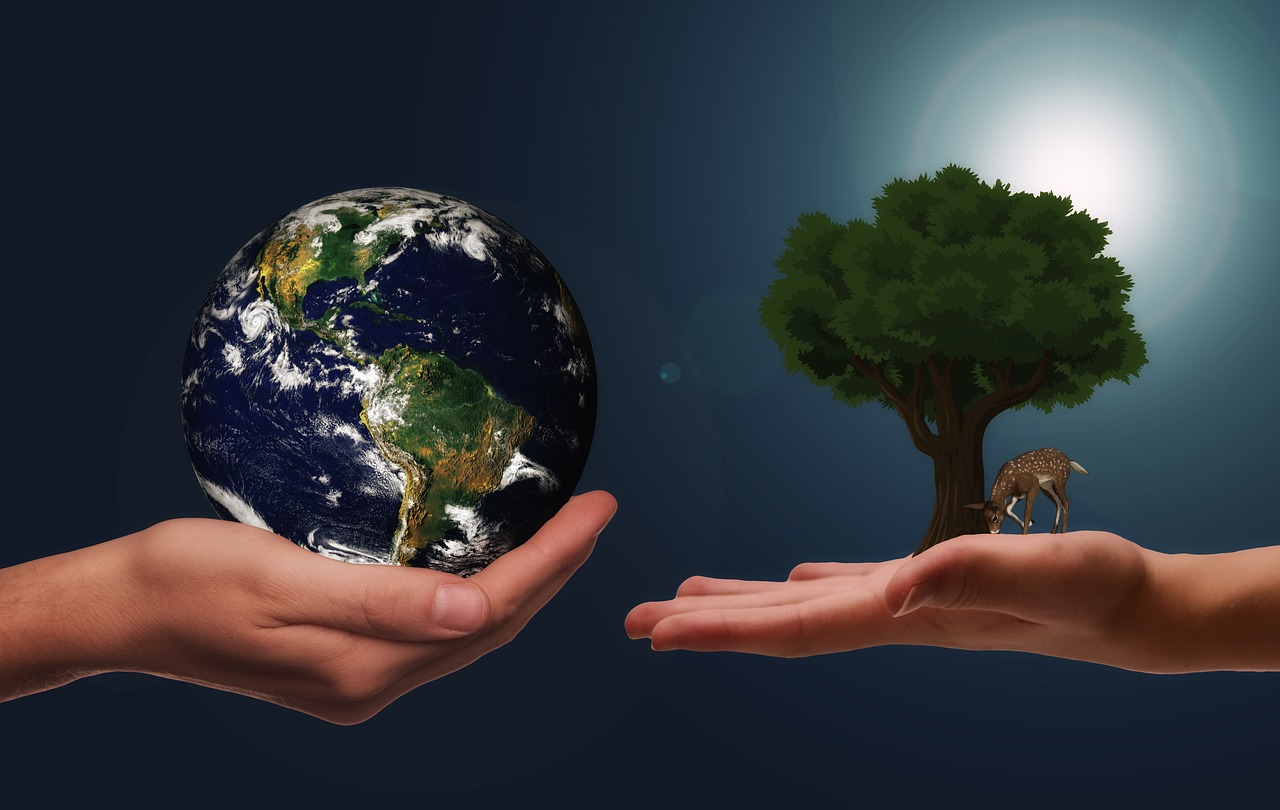
Understanding Greywater
Greywater is a term that might sound a bit technical, but it's actually quite simple. It refers to the relatively clean wastewater that comes from our everyday activities at home. Think about all the water you use when you wash your hands, take a shower, or do laundry—this is the greywater we're talking about. Unlike blackwater, which is contaminated water from toilets and has to be treated more rigorously, greywater is generally considered less harmful and can be reused with the right precautions.
The sources of greywater are diverse and can include:
- Showers and Bathtubs: Water that washes off soap and shampoo.
- Sinks: Water from washing dishes, hands, and face.
- Washing Machines: Water used for laundry, which may contain detergent but is not heavily contaminated.
One of the most fascinating aspects of greywater is its potential for reuse. When we think about the water cycle, we often picture rain replenishing rivers and lakes. However, greywater provides an opportunity for us to recycle water right at home. Imagine being able to water your garden with the same water you used to wash your hands! By reusing greywater, we can not only conserve precious freshwater resources but also reduce the burden on our sewage systems.
It's important to note that not all greywater is created equal. The quality of greywater can vary based on its source. For instance, water from the kitchen sink may contain food particles and grease, making it less suitable for reuse without proper treatment. On the other hand, shower water is generally cleaner and can be reused more easily. Understanding these differences is essential for anyone looking to implement a greywater reuse system in their home.
So, why should we care about greywater? Well, in a world where water scarcity is becoming an increasingly pressing issue, greywater reuse presents a viable solution. It allows us to be more sustainable in our water usage, ultimately contributing to a healthier environment and a more balanced ecosystem. By embracing greywater reuse, we can take one step closer to a more sustainable future.
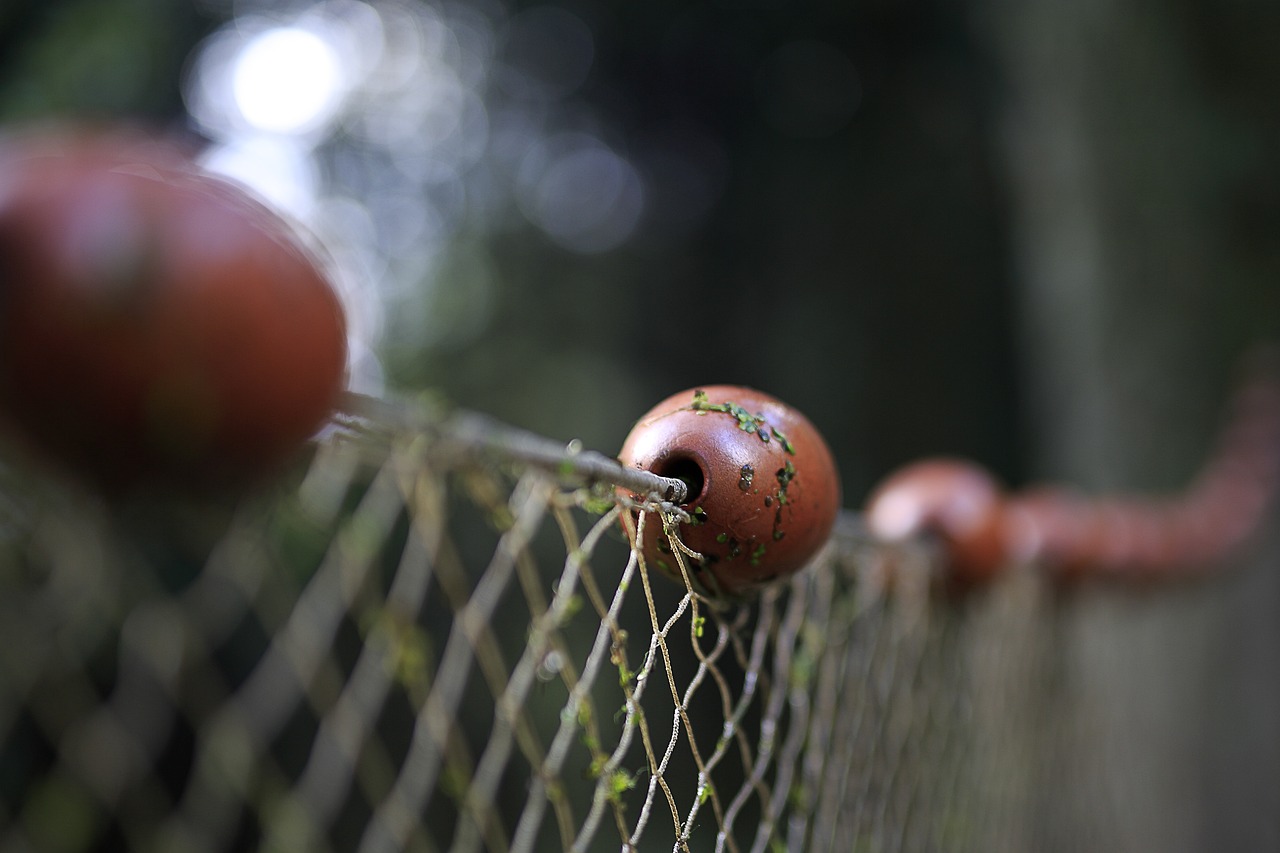
Benefits of Greywater Reuse
Reusing greywater is not just a trend; it's a smart choice for households and communities alike. Imagine slashing your water bills while simultaneously contributing to a healthier planet. Sounds like a win-win, right? By harnessing the power of greywater, we can tap into a resource that is often overlooked. This not only helps in conserving precious freshwater resources but also minimizes the burden on our sewage systems, which are frequently overwhelmed. The benefits of greywater reuse are numerous, and they extend beyond just cost savings.
First and foremost, let's talk about the environmental impact. When greywater is reused, it significantly reduces the demand for freshwater. This is crucial, especially in areas that experience seasonal droughts or have limited water supplies. By recycling water from our daily activities—like showering, washing dishes, and laundry—we can help mitigate the effects of water scarcity. Think of greywater as a lifeline for our ecosystems, allowing us to maintain a balance even when nature is less forgiving.
Moreover, greywater reuse plays a pivotal role in minimizing pollution. When we treat and recycle greywater properly, we can prevent harmful contaminants from entering our natural water bodies. This is particularly important for local ecosystems that depend on clean water for survival. By keeping pollutants at bay, we not only protect wildlife but also ensure that our recreational waters remain safe for swimming and fishing. It's like giving Mother Nature a helping hand!
Now, let’s not forget the economic advantages. Households that implement greywater systems can see a noticeable reduction in their water bills. This is especially beneficial in urban areas where water costs are skyrocketing. Additionally, municipalities can save on infrastructure costs by reducing the volume of wastewater that needs to be treated. It’s a financial incentive that can’t be ignored! Some regions even offer financial incentives for families and businesses that choose to adopt greywater systems, making it an even more attractive option.
To sum it up, the benefits of greywater reuse are multifaceted. From environmental conservation to economic savings, the advantages are clear. By embracing greywater reuse, we can foster a sustainable future while enjoying the perks of lower bills and cleaner ecosystems. It’s time to rethink how we view water and consider greywater as a valuable resource rather than waste.
- What is greywater? Greywater is the wastewater generated from domestic activities such as washing dishes, taking showers, and doing laundry.
- Is greywater safe to reuse? Yes, greywater can be safely reused with proper treatment and precautions, especially for irrigation and non-potable applications.
- What are some common methods for greywater reuse? Common methods include simple irrigation systems, diversion systems, and advanced treatment solutions.
- Can I install a greywater system in my home? Absolutely! Many homeowners can install simple greywater systems with minimal effort and cost.

Environmental Impact
The environmental benefits of greywater reuse are not just significant; they are essential for promoting a sustainable future. Imagine a world where we can recycle our water, much like we recycle plastic or paper. By reusing greywater, we can dramatically reduce our reliance on freshwater sources, which are becoming increasingly scarce. This not only helps in conserving water but also plays a crucial role in protecting our ecosystems.
When we talk about greywater, we're referring to water that comes from sources like showers, sinks, and washing machines. Unlike blackwater, which contains sewage and is hazardous, greywater can be treated and reused with relative ease. By implementing greywater systems, households can significantly decrease their water consumption. For instance, a family of four can save up to 30,000 gallons of water annually by reusing greywater for irrigation and other non-potable uses.
One of the most pressing environmental issues today is water scarcity. As populations grow and climate change affects weather patterns, many regions are facing severe droughts. Greywater reuse can be a game-changer in these scenarios. By harnessing this resource, communities can alleviate some of the pressure on their freshwater supplies. This is particularly vital in areas where water is a precious commodity, and every drop counts.
Moreover, reusing greywater can help in minimizing pollution in our natural water bodies. When greywater is properly treated, it can be safely returned to the environment, reducing the amount of harmful contaminants entering rivers, lakes, and oceans. This is crucial for protecting local wildlife and maintaining the health of aquatic ecosystems. Consider the following benefits:
- Reduction of Nutrient Pollution: Properly treated greywater can provide essential nutrients to plants, reducing the need for chemical fertilizers.
- Less Strain on Wastewater Treatment Plants: By diverting greywater from sewage systems, we can lessen the burden on municipal treatment facilities, allowing them to function more efficiently.
- Preservation of Natural Water Bodies: Reducing the influx of pollutants helps maintain the ecological balance in our rivers and lakes.
In summary, the environmental impact of greywater reuse is profound. It conserves precious freshwater resources, mitigates pollution, and supports sustainable practices that benefit both people and the planet. As we continue to face global challenges related to water scarcity and environmental degradation, embracing greywater systems could be one of the most effective strategies for fostering a healthier planet.

Reducing Water Scarcity
Water scarcity is an issue that affects millions of people around the globe, and it’s a problem that seems to be getting worse with each passing year. As populations grow and climate change continues to wreak havoc on our natural resources, the demand for fresh, clean water is skyrocketing. This is where greywater reuse comes into play. By recycling water from our daily activities, we can significantly alleviate the pressure on our freshwater supplies.
Imagine a world where the water you use to wash your hands or shower could be repurposed to nourish your garden or flush your toilet. This is not just a dream; it’s a reality that many communities are starting to embrace. By implementing greywater systems, we can create a sustainable cycle that minimizes waste and maximizes resource efficiency. The beauty of greywater is that it’s derived from relatively clean sources, such as sinks, showers, and washing machines, making it suitable for various non-potable applications.
Communities facing severe droughts or limited water resources can especially benefit from greywater systems. For instance, in arid regions, the ability to reuse greywater can mean the difference between a thriving garden and a barren landscape. By diverting greywater for irrigation, homeowners can keep their plants healthy without tapping into the already strained municipal water supply. This not only conserves water but also helps maintain the local ecosystem, creating a win-win situation.
Furthermore, the implementation of greywater reuse systems can lead to a cultural shift in how we perceive water usage. When people start to see water as a precious resource that can be recycled and reused, they become more conscientious about their consumption habits. This change in mindset can foster a community-wide commitment to sustainability, encouraging individuals to adopt water-saving practices in their daily lives.
In addition to individual benefits, greywater reuse can also have a significant impact on municipal water management. By reducing the volume of wastewater that enters treatment plants, cities can lower operational costs and extend the lifespan of their infrastructure. This is particularly crucial in areas where water treatment facilities are already overwhelmed. The table below illustrates the potential savings and benefits of implementing greywater reuse systems in urban areas:
| Benefit | Description | Impact |
|---|---|---|
| Water Conservation | Reduces demand on freshwater resources | Helps in drought-stricken areas |
| Cost Savings | Lower water bills for households | Increased affordability for families |
| Infrastructure Relief | Decreases pressure on sewage systems | Extends facility lifespan |
| Environmental Protection | Reduces pollution in natural water bodies | Supports local ecosystems |
By making greywater reuse a standard practice, we can tackle the growing challenge of water scarcity head-on. It’s time to rethink our relationship with water and recognize that every drop counts. The future of our water supply depends on our ability to innovate and adapt, and greywater systems are a significant step in the right direction.
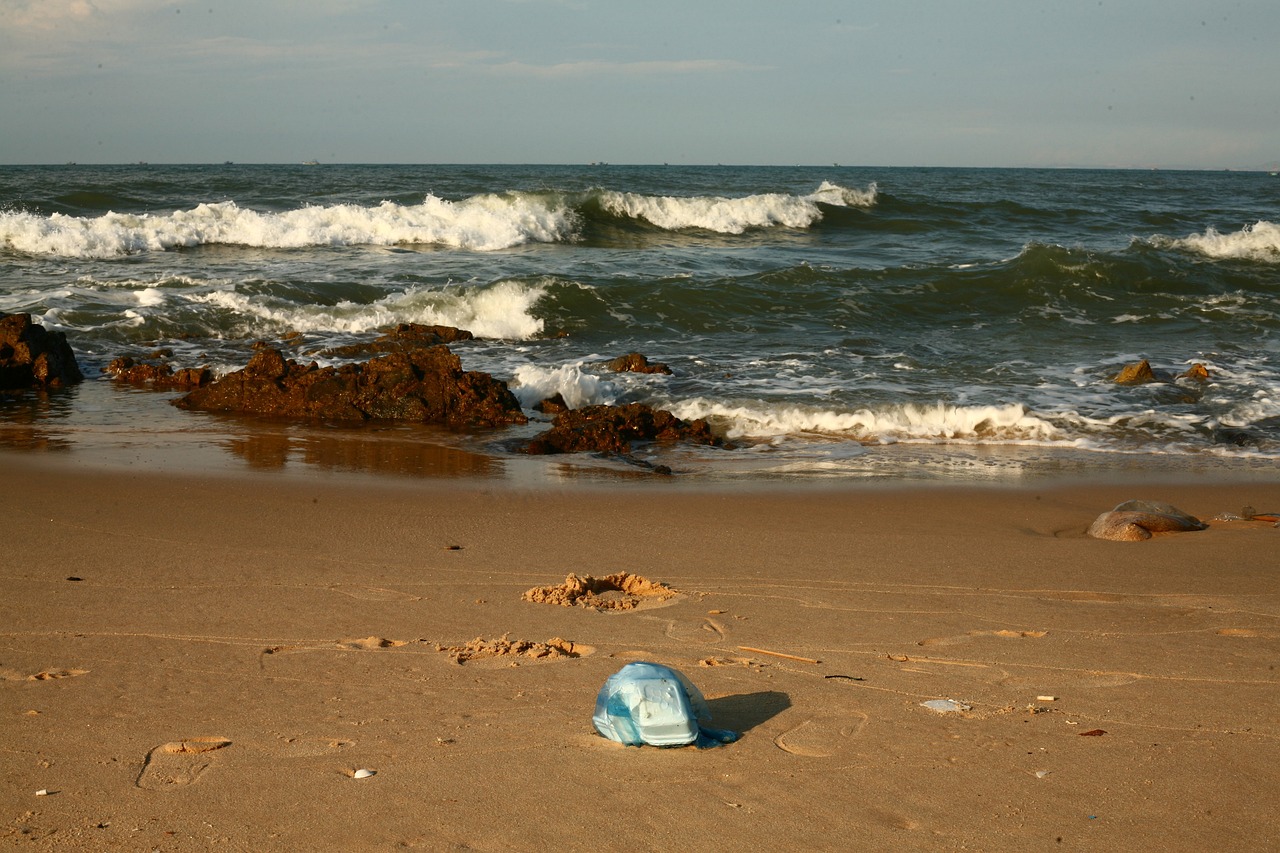
Minimizing Pollution
When we think about water pollution, our minds often drift to the major rivers and lakes that have been tainted by industrial waste or agricultural runoff. However, there's another significant source of pollution that often flies under the radar: domestic greywater. This is the water that flows down our sinks, showers, and washing machines, and while it may seem harmless, if not managed properly, it can lead to serious environmental issues. Fortunately, reusing greywater presents an effective solution to minimize this pollution.
Greywater can contain a variety of substances, from soap and detergent residues to food particles and hair. When this untreated water is discharged into the environment, it can contribute to the contamination of local water bodies, leading to a cascade of negative effects on aquatic ecosystems. By implementing greywater reuse systems, we can significantly reduce the volume of wastewater entering our sewage systems and, subsequently, our rivers and lakes. This not only helps in maintaining the health of these ecosystems but also promotes a cleaner and more sustainable environment.
One of the most effective ways to minimize pollution through greywater reuse is by treating the water before it is released back into the environment. Here are some key points to consider:
- Filtration: Simple filtration systems can remove larger particles and debris, making the greywater safer for reuse.
- Biological Treatment: Utilizing natural processes, such as constructed wetlands or biofilters, can help break down harmful contaminants in greywater.
- Chemical Treatment: For more advanced systems, chemical treatments can effectively neutralize pathogens and pollutants, ensuring the water is safe for non-potable applications.
By treating greywater effectively, we not only protect our waterways from harmful contaminants but also create a sustainable cycle of water use. For instance, treated greywater can be used for irrigation, toilet flushing, or even cooling systems, drastically reducing the amount of fresh water needed for these applications. This is especially crucial in regions where water scarcity is a pressing issue.
Moreover, minimizing pollution through greywater reuse can have a ripple effect on local wildlife. Healthy water bodies support diverse ecosystems, which in turn contribute to the overall health of our planet. By keeping our waterways clean, we help ensure that fish, birds, and other animals can thrive in their natural habitats. This interconnectedness highlights the importance of responsible water management practices.
In conclusion, reusing greywater is not just about saving water; it's about protecting our environment from pollution. By adopting greywater reuse systems and treating the water effectively, we can minimize the negative impacts on our ecosystems while promoting sustainability. So, the next time you think about your household water use, remember that every drop counts, and every effort to recycle greywater contributes to a healthier planet.
1. What is greywater?
Greywater is the relatively clean wastewater generated from domestic activities such as washing dishes, showering, and laundry, excluding water from toilets.
2. Can greywater be reused safely?
Yes, greywater can be reused safely with proper treatment methods that remove contaminants and pathogens.
3. What are the benefits of reusing greywater?
Reusing greywater can lead to reduced water bills, lower demand on freshwater resources, and decreased pollution in local ecosystems.
4. How can I implement a greywater reuse system in my home?
You can start with simple systems like diverting water from your shower or sink to your garden, or you can invest in more advanced treatment systems for broader applications.
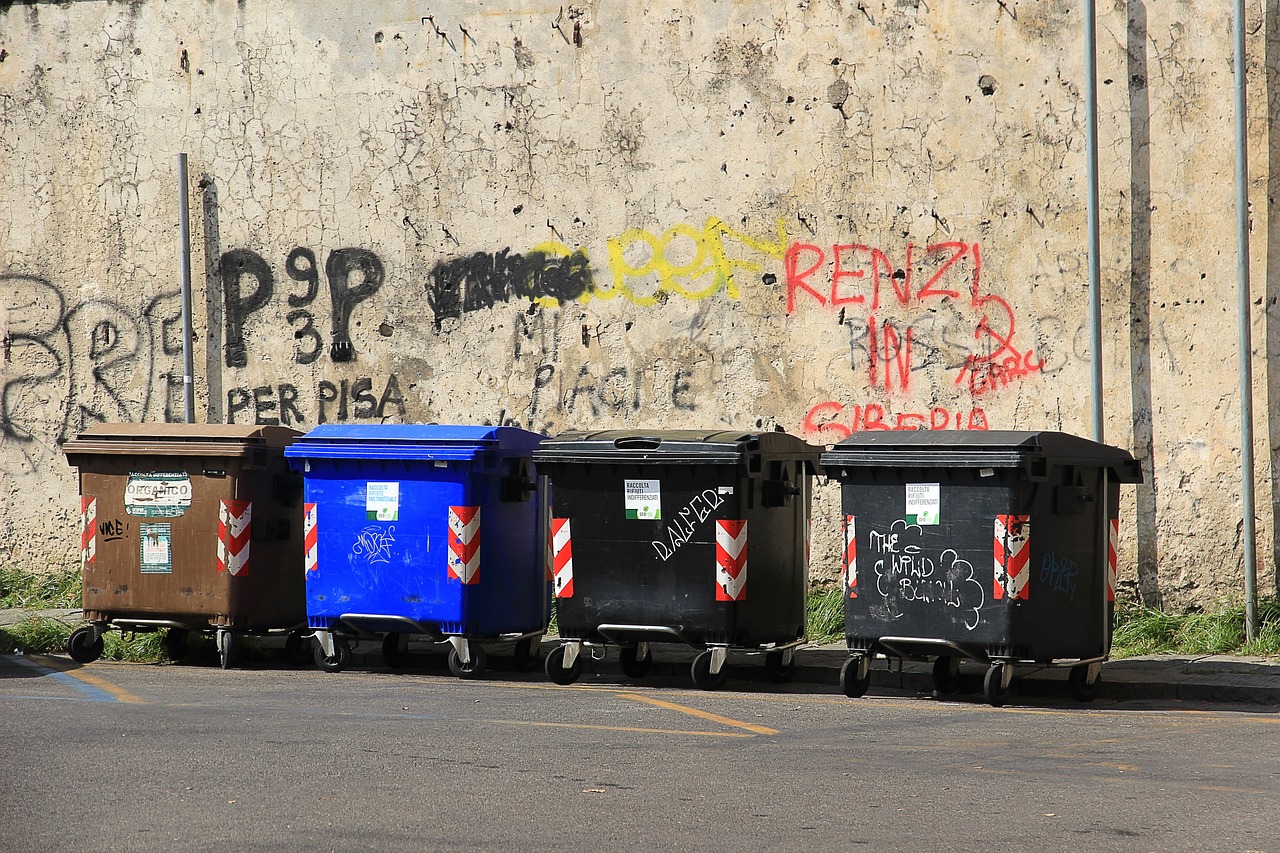
Economic Advantages
When it comes to the economic advantages of greywater reuse, the benefits are as clear as a sunny day. Imagine slashing your water bills while also contributing to a more sustainable future—sounds appealing, right? By utilizing greywater, households can significantly reduce their reliance on treated freshwater, which is often more expensive. This not only translates to immediate savings on utility bills but also lessens the burden on municipal water systems. In essence, greywater reuse is like finding a hidden treasure in your own home!
Let’s break it down further. Households that adopt greywater systems can save an average of 30% to 50% on their water bills. This is particularly beneficial in areas where water costs are on the rise due to scarcity or increased demand. Additionally, municipalities can benefit from reduced infrastructure costs. With fewer people relying on the centralized water supply, the need for extensive treatment plants and pipelines diminishes, allowing cities to allocate funds to other essential services.
Moreover, many governments offer financial incentives for homeowners who install greywater systems. These incentives can come in various forms, such as tax rebates, grants, or even low-interest loans. For example, a homeowner may receive a rebate of up to $1,500 for installing a greywater system, which can significantly offset the initial installation costs. This not only encourages more people to adopt greywater reuse but also fosters a culture of conservation and responsibility.
It's also worth noting that the economic advantages extend beyond just individual households. Communities that embrace greywater systems can witness a ripple effect, leading to the creation of green jobs in installation, maintenance, and education about water conservation practices. This means that while you’re saving money and water, you’re also contributing to the local economy. It’s a win-win situation!
In summary, the economic advantages of greywater reuse are not just limited to personal savings. They encompass a broader spectrum of benefits that can enhance community resilience, promote environmental stewardship, and stimulate local economies. So, why not consider tapping into this resource? It’s like planting a seed for a more sustainable and economically viable future.
- What is greywater? Greywater is the relatively clean wastewater generated from domestic activities such as washing dishes, laundry, and bathing.
- Can greywater be used for drinking? No, greywater is not safe for drinking without proper treatment and purification.
- How much water can I save by reusing greywater? Households can save an average of 30% to 50% on their water bills by reusing greywater.
- Are there any government incentives for greywater systems? Yes, many governments offer financial incentives such as tax rebates or grants for installing greywater systems.
- Is greywater reuse legal? Regulations vary by location, so it's essential to check local laws regarding greywater reuse.
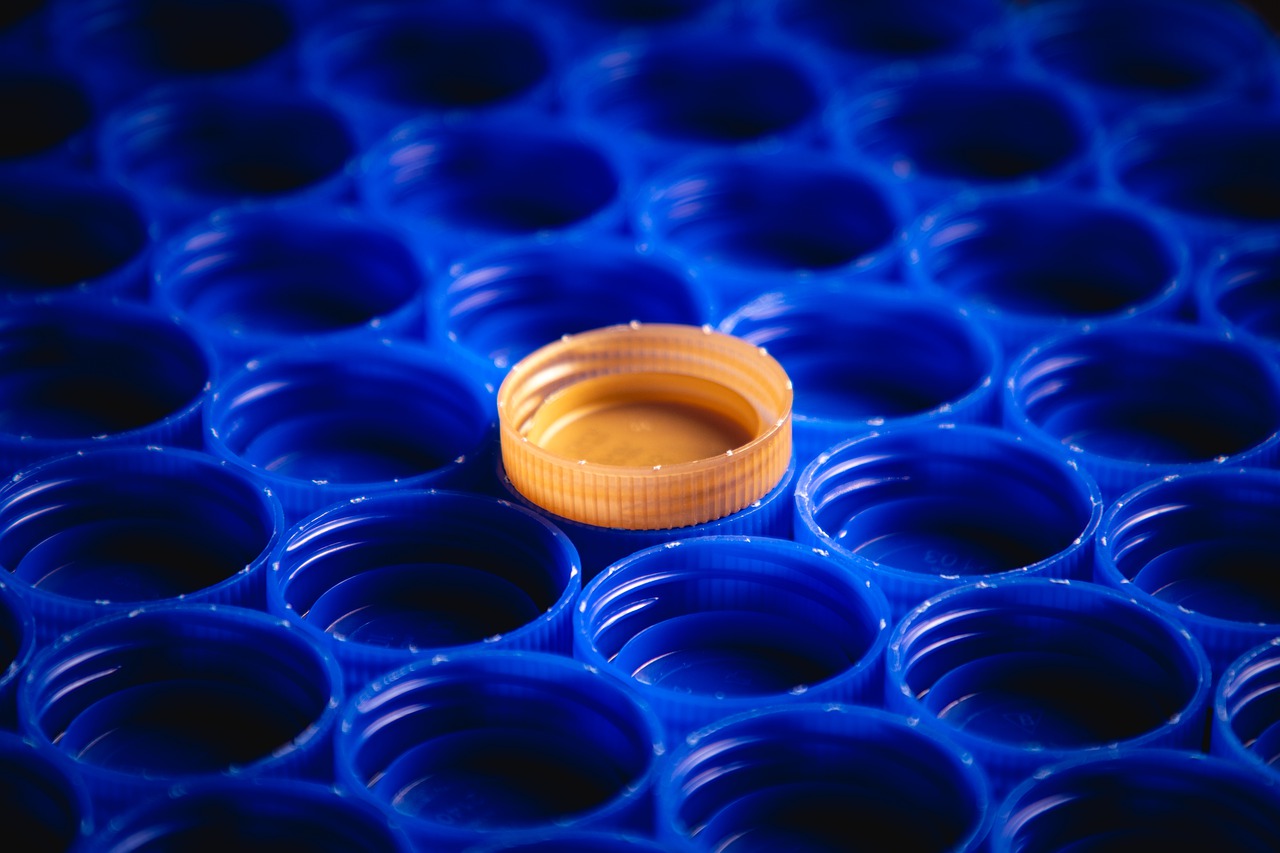
Methods of Greywater Reuse
When it comes to reusing greywater, the possibilities are as vast as the ocean! Greywater can be a game changer for households and communities looking to conserve water and reduce their environmental footprint. There are various methods for greywater reuse, each tailored to specific needs and applications. Let's dive into some of the most effective techniques that can make a significant impact.
One of the simplest methods of greywater reuse involves using it for irrigation. Homeowners can collect water from sinks, showers, and laundry, and channel it directly to their gardens. This not only keeps plants hydrated but also reduces the amount of clean water needed for irrigation. However, it’s crucial to avoid using greywater that contains harsh chemicals, as this can harm plants and soil.
For those who want to take it a step further, there are advanced treatment solutions. These systems are designed to purify greywater, making it safe for reuse in various applications, including toilet flushing and even washing machines. Advanced systems often incorporate filtration and disinfection methods, such as UV treatment or biological processes, to ensure the water is clean and free from harmful pathogens.
To give you a clearer picture, here’s a table summarizing some common greywater reuse methods:
| Method | Description | Applications |
|---|---|---|
| Simple Irrigation | Directly using greywater from sinks and showers for garden watering. | Landscape irrigation, garden watering |
| Advanced Treatment Systems | Systems that treat greywater for safe reuse in various applications. | Toilet flushing, washing machines, irrigation |
| Surge Tanks | Collects greywater and allows for settling of solids before reuse. | Garden irrigation, non-potable uses |
Another method that is gaining popularity is the use of surge tanks. These tanks collect greywater and allow solids to settle before the water is reused. Surge tanks are particularly useful for households with larger volumes of greywater, as they can help manage the flow and ensure a steady supply of water for irrigation or other non-potable uses.
Finally, for those living in areas with stringent regulations, it’s essential to look into local guidelines regarding greywater reuse. Many municipalities have specific rules about how greywater can be collected, treated, and used, so doing your homework can save you headaches down the road. Always check with local authorities to ensure compliance and safety.
- Is greywater safe for all plants? – While many plants can thrive on greywater, it’s best to avoid using water that contains chemicals, such as those found in certain soaps and detergents.
- Can greywater be used for drinking? – No, greywater should not be consumed. It is primarily suitable for non-potable uses.
- What types of greywater can I reuse? – Greywater from sinks, showers, and washing machines is typically safe for reuse, while water from toilets (blackwater) should not be reused.
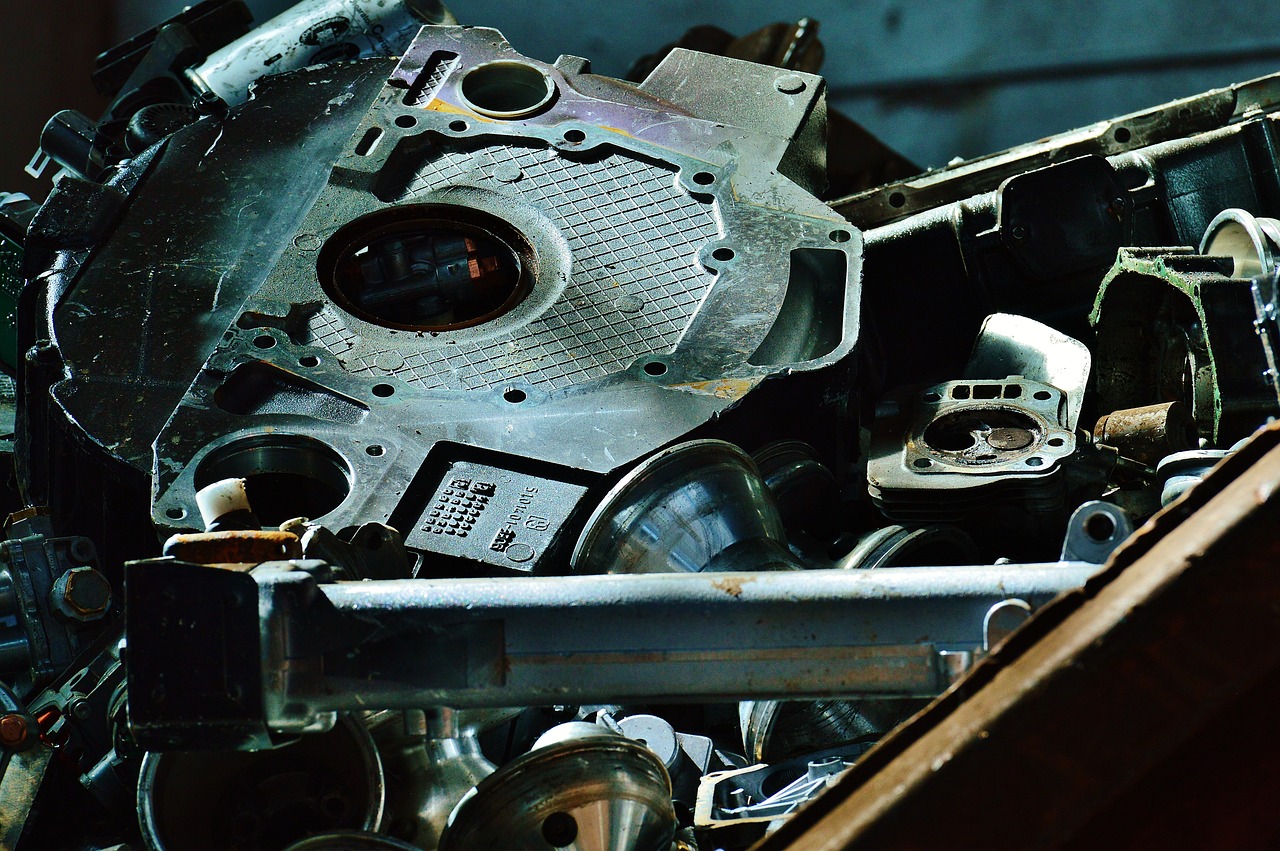
Simple Reuse Systems
When it comes to reusing greywater, simplicity is often the key to success. Simple reuse systems are designed to be user-friendly, cost-effective, and easy to implement in residential settings. One of the most common methods for homeowners is to redirect greywater from sinks, showers, and washing machines directly into their gardens. This not only conserves water but also allows you to make the most out of the water you’ve already used. Imagine your garden thriving on the very water you washed your hands with—now that’s what we call a win-win!
There are several straightforward techniques that homeowners can adopt to make greywater reuse a part of their daily routine. For instance, a gravity-fed system can be set up to channel greywater from a sink or shower directly to a nearby garden bed. Alternatively, a bucket brigade approach can be employed where individuals manually collect water from baths or sinks and pour it onto plants. While this may sound labor-intensive, it can actually be quite a meditative practice, connecting you more deeply with your garden.
For those looking for a bit more structure, consider installing a greywater diverter. This device can automatically redirect greywater from your laundry machine or shower to your irrigation system. It’s like having a personal assistant for your water needs! This setup not only ensures that your plants receive a steady supply of water but also minimizes the risk of overwatering, which can lead to root rot and other issues.
Before diving into greywater reuse, it’s essential to consider what types of greywater are suitable for reuse. Typically, water from kitchen sinks should be avoided due to high levels of food particles and grease. Instead, focus on greywater from bathrooms and laundry, which are generally cleaner. To help you understand the best practices, here’s a simple table outlining the sources of greywater and their suitability for reuse:
| Source of Greywater | Suitability for Reuse |
|---|---|
| Bathroom Sink | Highly Suitable |
| Shower | Highly Suitable |
| Washing Machine | Moderately Suitable |
| Kitchen Sink | Not Suitable |
It’s important to note that while these simple systems are effective, they do require some basic maintenance to ensure they function properly. Regularly check the filters and pipes for any blockages, and make sure to keep an eye on your plants to ensure they’re thriving. After all, the goal is to create a sustainable system that benefits both your household and the environment.
In summary, simple greywater reuse systems are an excellent way for homeowners to contribute to water conservation efforts. By redirecting water that would otherwise go down the drain, you can nourish your garden while also reducing your overall water consumption. So, why not take the plunge? Your plants—and your wallet—will thank you!
- What is greywater? Greywater is the relatively clean wastewater generated from domestic activities such as washing dishes, bathing, and laundry.
- Is it safe to use greywater on edible plants? Generally, it is not recommended to use greywater on edible plants, especially if it comes from the kitchen. However, greywater from showers and sinks can be used for ornamental plants.
- Do I need a permit to install a greywater system? This depends on local regulations. It's best to check with your local authorities before installing a system.
- How can I ensure my greywater system is effective? Regular maintenance and monitoring of the system are crucial. Ensure filters are clean and that the plants are responding well to the greywater.

Advanced Treatment Solutions
When it comes to reusing greywater, simply collecting it isn’t enough; you need to ensure it’s treated properly to make it safe for various applications. are designed to purify greywater, making it suitable for a range of uses beyond just irrigation. These systems employ a variety of technologies that can remove contaminants and pathogens, transforming greywater into a resource rather than a waste product.
One of the most popular methods involves biological treatment, where microorganisms break down organic matter in the greywater. This process can be incredibly effective, especially for water coming from kitchens and bathrooms. The use of membrane bioreactors (MBRs) is also gaining traction. These systems combine biological treatment with membrane filtration, allowing for the removal of even the tiniest particles and bacteria. The result? Clean, reusable water that can be used for toilet flushing, landscape irrigation, or even washing clothes.
Another advanced solution is the use of reverse osmosis, a technology that forces water through a semi-permeable membrane to remove a wide range of contaminants. While this method is highly effective, it can be a bit more expensive and energy-intensive. However, for areas that are particularly water-scarce or for applications requiring high-quality water, the investment can pay off in the long run.
Let’s take a closer look at some of the common advanced treatment technologies:
| Technology | Description | Best For |
|---|---|---|
| Membrane Bioreactors (MBRs) | Combines biological treatment with membrane filtration for high-quality water. | Toilet flushing, irrigation |
| Reverse Osmosis | Filters water through a semi-permeable membrane to remove contaminants. | High-quality applications like laundry or drinking water |
| UV Disinfection | Uses ultraviolet light to kill pathogens and bacteria. | Safe reuse in irrigation and other non-potable applications |
While these advanced systems can seem complex, they often come with user-friendly interfaces and are designed for easy maintenance. Additionally, many municipalities offer financial incentives for homeowners who invest in these systems. So, not only are you contributing to a sustainable future, but you might also be saving money on your water bills!
In summary, advanced treatment solutions for greywater reuse are revolutionizing how we think about water. By adopting these technologies, we can significantly reduce our reliance on freshwater resources, all while ensuring that our recycled water is safe and effective for everyday use. Isn’t it time we start treating greywater as the valuable resource it is?
- What is greywater? Greywater is the relatively clean wastewater generated from domestic activities like washing dishes, bathing, and laundry.
- Can greywater be reused safely? Yes, with proper treatment, greywater can be reused safely for irrigation, toilet flushing, and other non-potable applications.
- What are the benefits of greywater reuse? Benefits include reduced water bills, decreased strain on sewage systems, and significant environmental impacts, such as water conservation.
- What advanced treatment solutions are available? Technologies like membrane bioreactors, reverse osmosis, and UV disinfection are commonly used to treat greywater effectively.
Frequently Asked Questions
- What is greywater?
Greywater is the relatively clean wastewater that comes from domestic activities such as washing dishes, showering, and doing laundry. Unlike blackwater, which contains human waste, greywater is generally safe for reuse in non-potable applications.
- How can I reuse greywater at home?
There are several simple methods to reuse greywater at home. You can collect water from your shower or sink and use it for watering your garden or flushing toilets. Just ensure that the greywater is free from harsh chemicals to protect your plants and plumbing.
- What are the benefits of reusing greywater?
Reusing greywater can lead to reduced water bills, lower demand on sewage systems, and significant environmental benefits, such as water conservation and pollution reduction. It’s a smart way to use resources more efficiently!
- Is greywater safe for plants?
Yes, greywater can be safe for plants, especially if it comes from sources like showers or sinks. However, avoid using greywater from laundry if it contains bleach or other harsh chemicals, as these can harm your plants.
- What types of systems are available for greywater reuse?
There are both simple and advanced systems for greywater reuse. Simple systems can include bucket collection for irrigation, while advanced treatment solutions involve sophisticated filtration and purification processes that make greywater safe for a wider range of uses.
- Can greywater help in drought-prone areas?
Absolutely! Greywater reuse systems can significantly alleviate water scarcity issues in drought-prone regions by providing an alternative water source for irrigation and other non-potable uses, thereby conserving precious freshwater resources.
- What are the legal considerations for greywater reuse?
Legal regulations regarding greywater reuse can vary by location. It’s important to check local laws and guidelines to ensure that your greywater reuse practices comply with health and safety standards.
- How do I treat greywater for reuse?
Treating greywater for reuse typically involves filtration and disinfection processes. Simple treatments may include sedimentation and biological filtration, while advanced systems may utilize UV light or chemical disinfectants to ensure safety.


